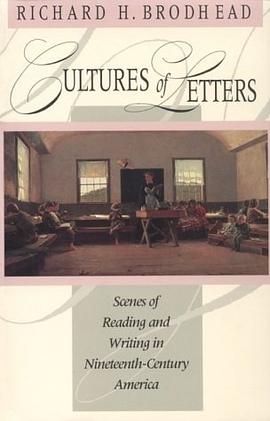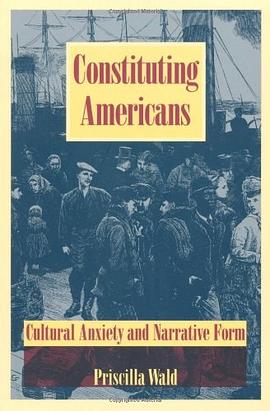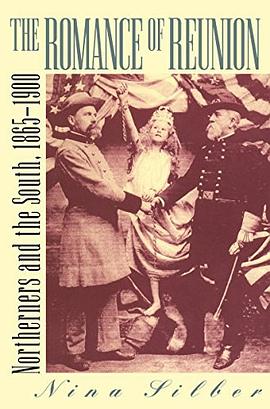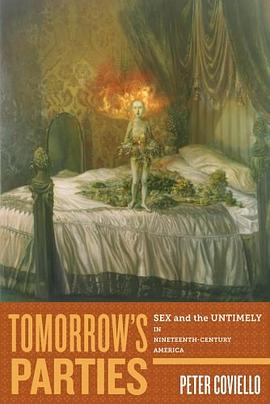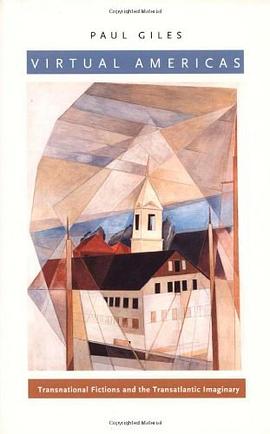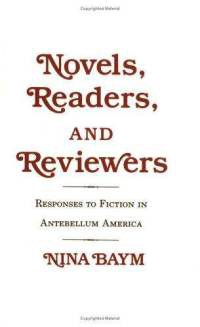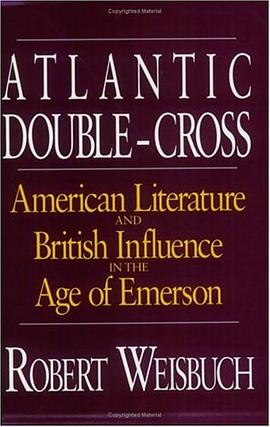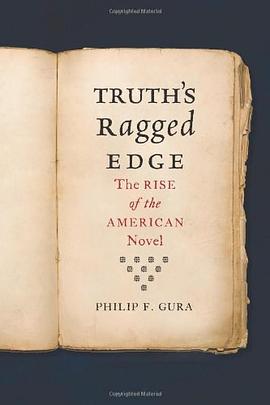

具体描述
The 19th century witnessed an explosion of writing about un-productivity, with the exploits of various idlers, loafers, and "gentlemen of refinement" capturing the imagination of a country that was deeply ambivalent about its work ethic. Idle Threats documents this American obsession with un-productivity and its potentials, while offering an explanation of the profound significance of idle practices for literary and cultural production. While this fascination with un-productivity memorably defined literary characters from Rip Van Winkle to Bartleby to George Hurstwood, it also reverberated deeply through the entire culture, both as a seductive ideal and as a potentially corrosive threat to upright, industrious American men. Drawing on an impressive array of archival material and multifaceted literary and cultural sources, Idle Threats connects the question of un-productivity to other discourses concerning manhood, the value of art, the allure of the frontier, the usefulness of knowledge, the meaning of individuality, and the experience of time, space, and history. Andrew Lyndon Knighton offers a new way of thinking about the largely unacknowledged "productivity of the unproductive," revealing the incalculable and sometimes surprising ways in which American modernity transformed the relationship between subjects and that which is most intimate to them: their own activity.
作者简介
目录信息
读后感
评分
评分
评分
评分
用户评价
相关图书
本站所有内容均为互联网搜索引擎提供的公开搜索信息,本站不存储任何数据与内容,任何内容与数据均与本站无关,如有需要请联系相关搜索引擎包括但不限于百度,google,bing,sogou 等
© 2025 book.wenda123.org All Rights Reserved. 图书目录大全 版权所有

